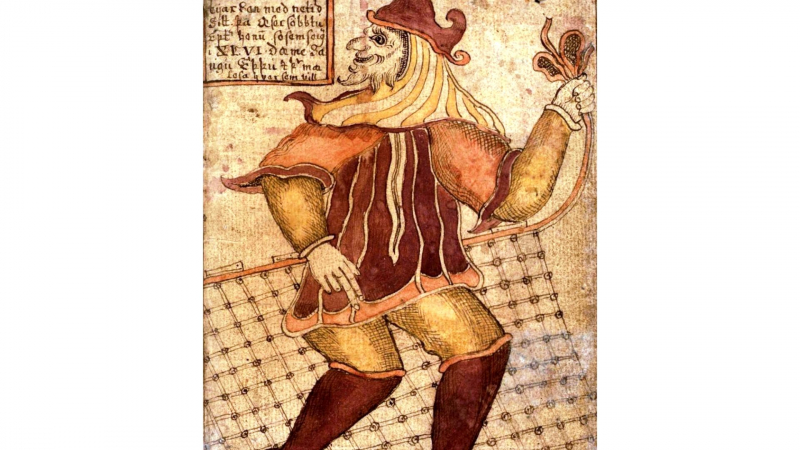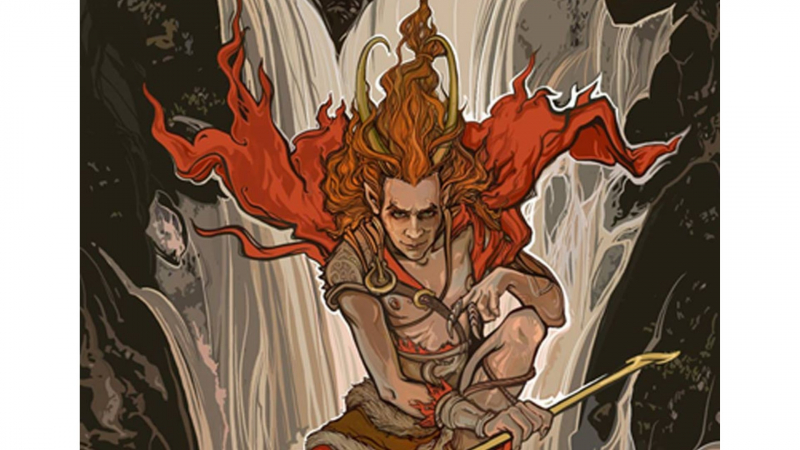Loki

Loki was considered as the god of Tricks and was also famously known as the Trickster. His actions were mainly cunning and malicious, and being one of the most active and unpredictable gods of all, he also produced a number of circumstances where everyone found themselves in difficult situations and some even lost their lives. He was a handsome god, but his actions did not reflect his wonderful looks. There are numerous instances of his disguising himself and deceiving others. It is believed that he had a significant part in Balder's death, which was carried out by his brother Hod. Loki set off the series of events that resulted in the abolition of numerous gods, including Balder.
When he was eventually imprisoned, he was shackled and had a toxic substance placed above his head in addition to three enormous boulders placed beneath his shoulders, loins, and knees. Every god and goddess, including Loki, are dead at the conclusion of a terrible fight. This marks the conclusion of this mythological era and the beginning of a brand-new cycle of existence.
The Poetic Edda, which Snorri Sturluson collected in the 13th century from older traditional sources, the Prose Edda, Heimskringla, the Norwegian Rune Poems, skaldic poetry, and Scandinavian folklore all make reference to Loki. The Kirkby Stephen Stone, the Gosforth Cross, and the Snaptun Stone all allegedly feature images of Loki. The origins of Loki and his function as a trickster god in Norse mythology have been the subject of scholarly discussion. Modern popular culture references or depicts Loki in a number of different media.











